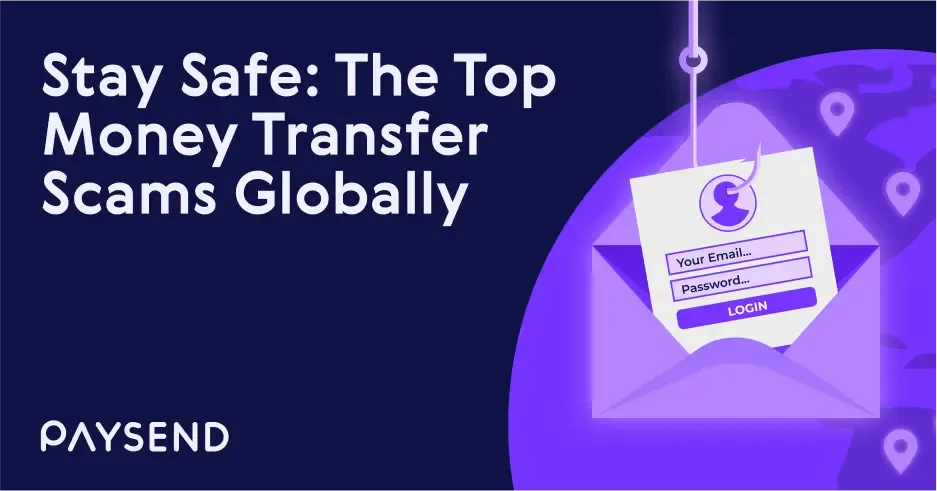How to send money using an IBAN

If you’re an expat who has sent money abroad in the past, then you’ve probably seen the term IBAN. If you aren’t sure what this is, it’s simply an International Bank Account Number which is a code that helps banks to identify your bank account internationally if you want to move your money between different countries.
The IBAN linked to your account is basically your passport to sending international payments to friends and family who live abroad. It’s quite a long number - up to 34 characters - so make sure you write it down!
If you want to send money to an IBAN account, there are different ways to do it - and some are much easier than others!
Send money to an IBAN-linked bank account
If you want to send money to an international bank account you’ll need your recipient’s IBAN so that the transaction is as smooth as possible, with no hiccups! What is an IBAN: Example IBAN numbers by country.
You could travel to a high street bank or money transfer store to do this, but you may be met with high transfer fees and slow transfer times.
On the other hand, you can send money to a bank account online with Paysend, using our low, flat fees and fast transfer speeds. You can choose to send money from either the Paysend app or via our website, and the money will usually arrive within minutes - 75% of our transfers arrive in 20 seconds or less!
If you want to send money to an IBAN account with Paysend, you can do this with no transfer fee for the transaction. Plus, we use competitive exchange rates to make sure you and your recipient can make the most of your international transfer.
Head to the Paysend homepage to find out how much your recipient will receive with Paysend’s exchange rates.
How to send money without an IBAN
If you want to simplify things and send money without an IBAN number, you can do this with Paysend.
How?
Paysend’s unique card2card transfers let users send money abroad with just the recipient’s name and card number. This means that you don’t even need the IBAN number to send money internationally.
Sending money to a card account costs just £1, $2 or €1.5 in transfer fees (or equivalent depending where you’re travelling from) if you choose Paysend.
To get started and send money to an IBAN account or straight to a card, download the Paysend app today, or head to our homepage for more info.
Останні дописи

Sending money internationally has never been easier, but as digital payments become more popular, so do scams targeting unsuspecting senders. Fraudsters use various tactics to deceive people into transferring money, often pretending to be banks, employers, or even loved ones in distress.
To help you stay protected, we’ve outlined some of the most common and most recent money transfer scams happening around the world and how you can avoid them.

Sending money to Poland isn’t just about transactions - it’s about staying connected with loved ones, supporting family, and helping celebrate life’s special moments. Whether it’s funding daily expenses, contributing to education, or lending a hand during festive occasions, the process should be fast, secure and hassle-free. With Paysend’s partnership with Visa, transferring money to Poland has never been easier.